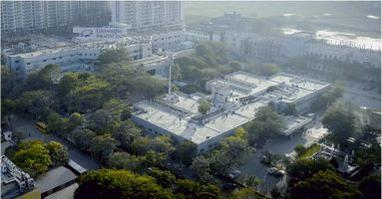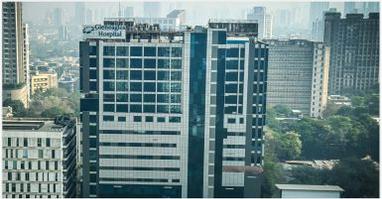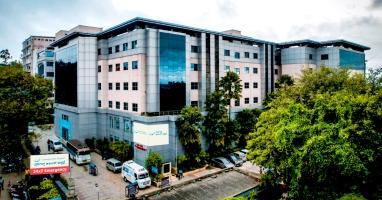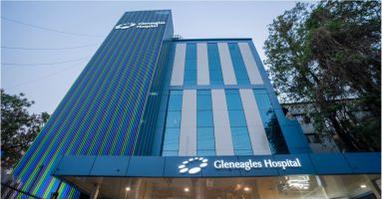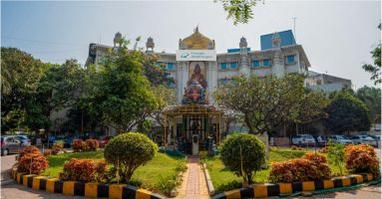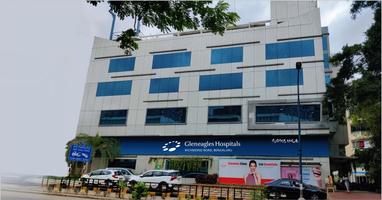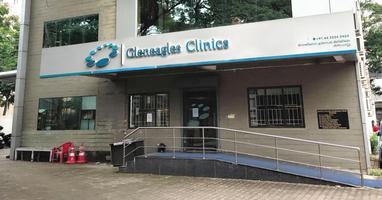Gleneagles HealthCity, Chennai 439, Cheran Nagar, Perumbakkam – Sholinganallur, Chennai - 600100, Tamil Nadu
+ Expand- CollapseGleneagles Hospital, Mumbai 35, Dr. E Borges Road, Hospital Avenue, Opp Shirodkar High School, Parel, Mumbai - 400012, Maharashtra
+ Expand- CollapseGleneagles Hospital, Uttarahalli Main Road, Kengeri, Bengaluru - 560060, Karnataka
+ Expand- CollapseGleneagles Hospital, Hyderabad 6-1-1070/1 to 4, Lakdi-ka-pul, Hyderabad - 500004, Telangana
+ Expand- CollapseGleneagles AWARE Hospital, 8-16-1, Nagarjuna Sagar Rd, Laxmi Enclave, Bhagya Nagar, Bairamalguda, Hyderabad - 500035, Telangana
+ Expand- CollapseGleneagles Hospital, 5/5, Richmond Road, Bengaluru - 560025, Karnataka
+ Expand- CollapseGleneagles Clinic, Chennai Old No.62, New no 56, 4th Main Road, Gandhi Nagar, Adyar, Chennai - 600020, Tamil Nadu
+ Expand- Collapse

L.B. Nagar,
HyderabadLakdi-Ka-Pul,
HyderabadParel,
MumbaiKengeri,
BengaluruPerumbakkam – Sholinganallur,
Chennai
All Locations

L.B. Nagar,
HyderabadLakdi-Ka-Pul,
HyderabadParel,
MumbaiKengeri,
BengaluruPerumbakkam – Sholinganallur,
Chennai






